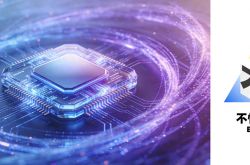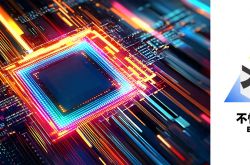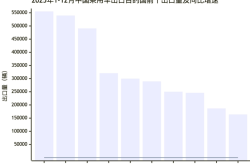Zhou Hongyi Envisions Agents as 'Digital Workhorses,' Facilitating Workplace Flexibility
![]() 08/06 2025
08/06 2025
![]() 549
549
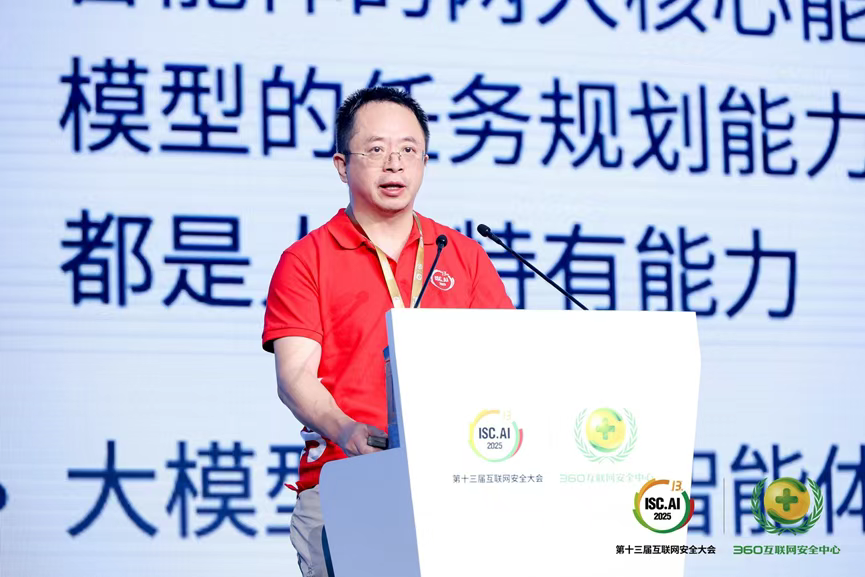
Text / Xuanyuan
Art Editor / Gu Qingqing
Produced by / Net Circle
On August 6, the 13th Internet Security Conference (ISC.AI 2025) commenced grandly at the China National Convention Center in Beijing. The event, centered around the theme 'All In Agent,' garnered immediate public attention due to the remarkable statements made by Zhou Hongyi, the founder of the 360 Group.
Zhou Hongyi remarked, 'Agents will transform into our digital workhorses, handling mundane tasks and intricate processes, while humans must learn to collaborate with them. Each individual can command an army of agents. As we relax, our agents tirelessly work on our behalf.' In this manner, individuals will acquire superhuman capabilities, evolving into super individuals.
This perspective not only paints a novel vision of future human-machine collaboration but also directs the trajectory of agent technology development.
01 From Chat Assistants to 'Super Teams'
At the conference, Zhou Hongyi pinpointed two major challenges in the enterprise application of large models: inadequate reasoning capabilities and the absence of autonomous action. While the former has significantly improved over the past year, the latter remains unresolved.
Zhou Hongyi emphasized, 'The evolution of large models into agents is inevitable. Agents offer the solution. They comprehend objectives, plan tasks, invoke tools, possess memory, and ensure seamless delivery from demand to result.'
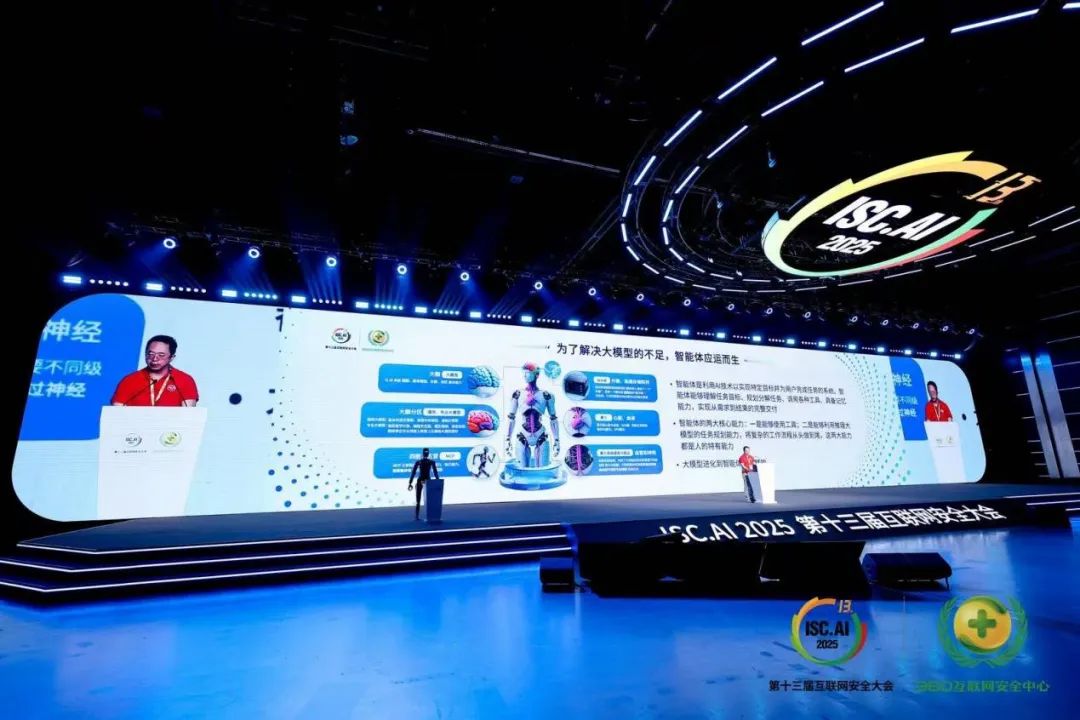
Elaborating on this, Zhou Hongyi introduced the five levels of agents at the conference. He proposed a classification akin to autonomous driving intelligence levels, dividing agents into five tiers: L1 to L5.
L1 represents chat assistants, exemplified by OpenAI's chatbot, primarily used for emotional support and simple conversations, falling under the 'toy-level' category.
L2 signifies workflow agents, evolving from 'toys' to 'tools,' capable of executing tasks under predefined human processes, such as knowledge base management, but still reliant on human-led process design.
L3 embodies reasoning agents, exemplified by Manus, consuming approximately 1 million tokens per conversation and capable of autonomously planning and completing tasks like in-depth research and poster creation, akin to field experts.
L4 comprises multi-agent swarms, consuming between 10 million and 100 million tokens per task, capable of achieving high-value outcomes like long video production and website construction through multi-agent collaboration.
L5 represents agents creating agents, a realm still under exploration.
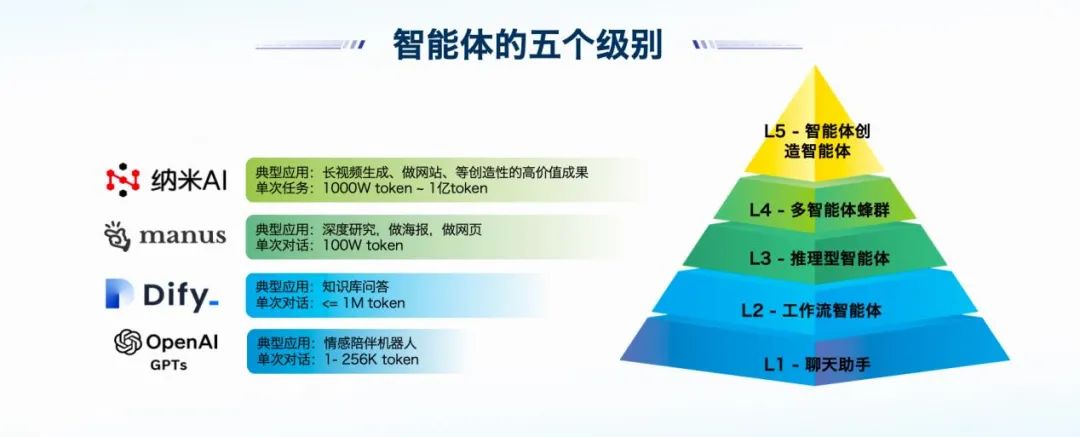
360's nano AI system stands as a quintessential L4 agent. Its innovative 'multi-agent swarm collaboration space' technology enables over 50,000 L3 agents to dynamically form teams.
A live demonstration of the case 'Generate a 10-minute cinematic masterpiece with one sentence' astounded the audience: Users simply input 'Create a science fiction short film about space exploration,' and the nano AI swarm autonomously completes scriptwriting, storyboard design, editing, and dubbing. A process that once required 2 hours now takes merely 20 minutes.
To benefit a broader range of enterprises, 360 has launched the 'Agent Factory,' empowering enterprises to customize exclusive L3 agents and integrate them into L4 teams without programming expertise. This innovation drastically lowers the application barrier for agents and accelerates their adoption across diverse industries.
02 New Defense System in the Agent Era
Despite their immense potential, Zhou Hongyi candidly stated that 'omnipotent agents do not exist, at least it is fundamentally challenging to achieve with current large model capabilities.'
Therefore, 360's strategy focuses on creating vertical industry agents, such as accounting agents, security agents, and clerical agents. These AIs specialize in specific domains, enabling faster implementation and practical value generation.
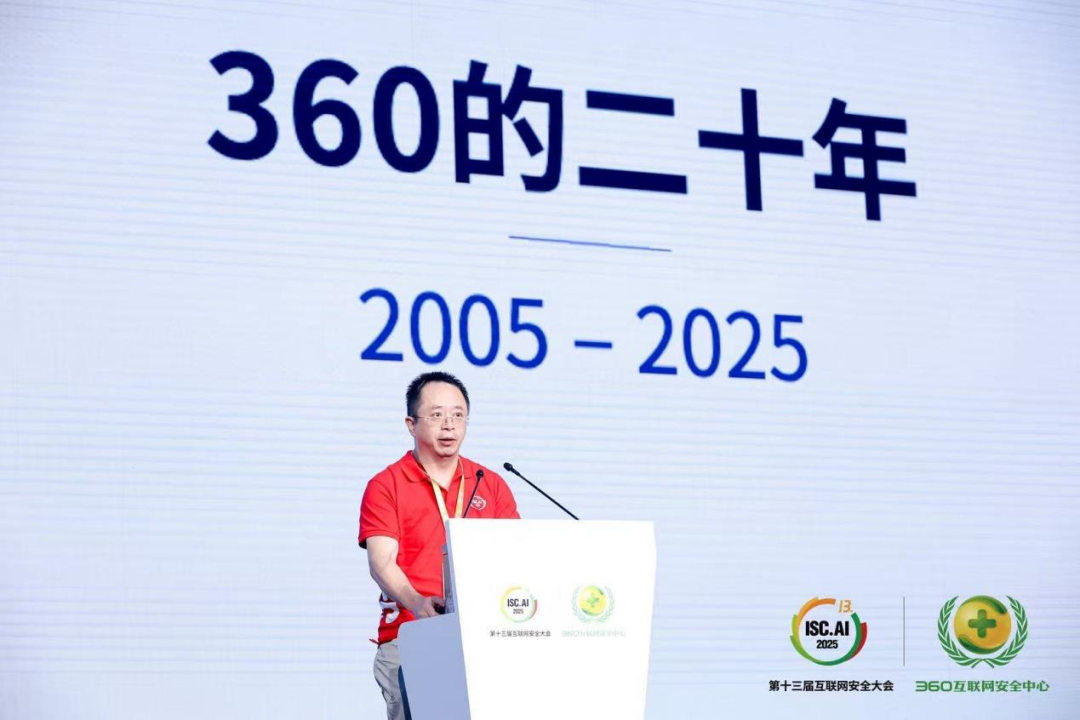
With the progression of agent technology, cybersecurity encounters new challenges. To address these, 360 has developed security expert agents, converting top security experts' attack and defense expertise into algorithmic models, enabling real-time attack detection and defense.
For large model security, 360 has introduced the 'Large Model Guardian,' monitoring command input and output content, and integrating enterprise knowledge bases to mitigate 'hallucination' risks, ensuring traceable decision-making.
03 Role Transition from Executor to Manager
As agents assume most work responsibilities, what becomes humans' role? Zhou Hongyi's answer is refreshing: 'In the future, humans' work will revolve around defining agents, planning tasks, managing agents, and supervising them.'
Zhou Hongyi reiterated, 'Agents have become our digital workhorses, tackling mundane tasks and complex processes, while humans must learn to collaborate with them. Each individual can command numerous agents. As we relax, our agents work relentlessly on our behalf.'

Previously, Zhou Hongyi announced that 360 would launch China's first agent community, the 'Nano AI Agent Community.' This community gathers over 50,000 agents, embodying digital experts across various professions, industries, and business scenarios.
Zhou Hongyi explained, 'This is akin to an AI version of 'BOSS Zhipin,' except you become the BOSS, seeking suitable agents to assist in your work.'
Zhou Hongyi added, 'The Nano AI Agent Community also supports flexible resource integration. For instance, you can 'create groups' of agents from diverse companies to form an exclusive 'collaborative agent team,' ensuring they work efficiently according to your needs.'
Summary: Embracing the New Era of Human-Machine Collaboration
The convening of the 13th Internet Security Conference marks the dawn of the agent era. Zhou Hongyi's metaphor of 'digital workhorses' is not only a bold prediction about the future of agents but also a profound insight into industry development.
From the evolution of agents from L1 to L4, to the defense confrontations in the security realm, and their widespread application across industries, agents are transforming our work and life at an unprecedented pace.
Although challenges abound, as Zhou Hongyi stated, 'Security is the foundation of digitization, and AI is its pinnacle.'
In the future, human-agent collaboration will become the norm. Only by embracing this trend can one remain invincible in the agent-driven new era.

